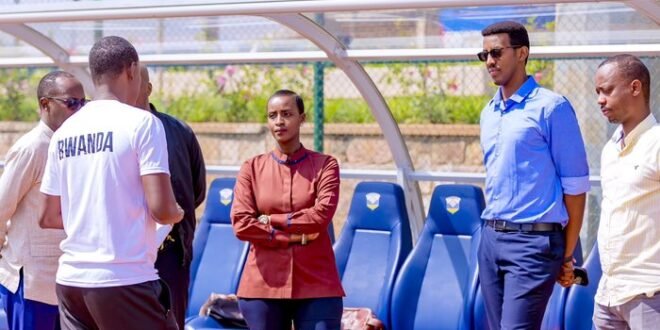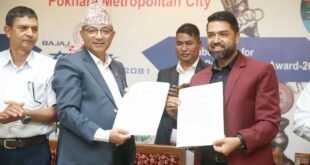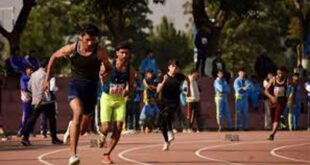A Vision for National Transformation Through Sport
President Paul Kagame’s speech during the unveiling of Zaria Court, a new landmark in Kigali’s Sports City in Remera, highlights a powerful message: investing in sports is not a luxury but a strategic move toward national transformation. In many regions, especially developing countries, sports are often viewed as a secondary concern compared to more “urgent” issues. However, Rwanda has taken a different approach, recognizing that sport can be a driving force for development rather than a distraction from it.
The establishment of Kigali Sports City represents more than just physical structures; it embodies a clear vision and purpose. The area now features world-class facilities such as BK Arena, the renovated Amahoro Stadium, and Zaria Court—a versatile space that combines sports, entertainment, hospitality, and entrepreneurship. These developments are not merely about building venues but about shaping a society where aspirations are real and opportunities are visible.
A common misconception is that a country must first have a large pool of talent before it can invest in sports infrastructure and events. This perspective is outdated. By creating high-quality spaces and hosting international events, Rwanda is inviting talent to emerge, nurturing it, and sending a strong message to its youth that their dreams are valid and achievable.
The impact of these efforts is already evident. Events like the Basketball Africa League and the Giants of Africa Festival, currently taking place in Rwanda, are inspiring a new generation of young people. When children see their peers playing in modern arenas or watch professional athletes compete just minutes from their homes, the idea of excellence becomes tangible. It transforms from a distant dream into something they believe they can achieve.
This inspiration extends beyond formal programs. From school playgrounds to community courts, the seeds of a sporting culture are being planted through exposure to excellence. The presence of world-class facilities encourages participation and fosters a sense of pride and ambition among local communities.
President Kagame’s vision for Zaria Court is not about creating monuments but about building platforms. These platforms offer the infrastructure needed for others to shine, grow, and succeed. True leadership looks beyond the immediate and focuses on long-term impact. Rwanda’s approach reflects this kind of forward-thinking leadership.
By investing in sports, Rwanda is making a compelling case for it as a key pillar of national development. The country is proving that investment can precede talent, and that such investment is often the foundation upon which talent is built. This model challenges traditional assumptions and offers a new path for other nations to consider.
Through the creation of spaces that encourage global participation and local ownership, Rwanda is building a lasting legacy. This legacy will not be measured by medals or championships alone, but by the countless young Rwandans who will one day look at BK Arena or Zaria Court and say, “That’s where I first believed it was possible.”
Rwanda’s journey demonstrates that sport is more than just a pastime—it is a powerful tool for change, a means to inspire, and a strategy for growth. As the nation continues to develop its sports infrastructure, it sets an example for others to follow, proving that with vision and commitment, sport can become a cornerstone of national progress.
 Info Malang Raya Its All About World News
Info Malang Raya Its All About World News



